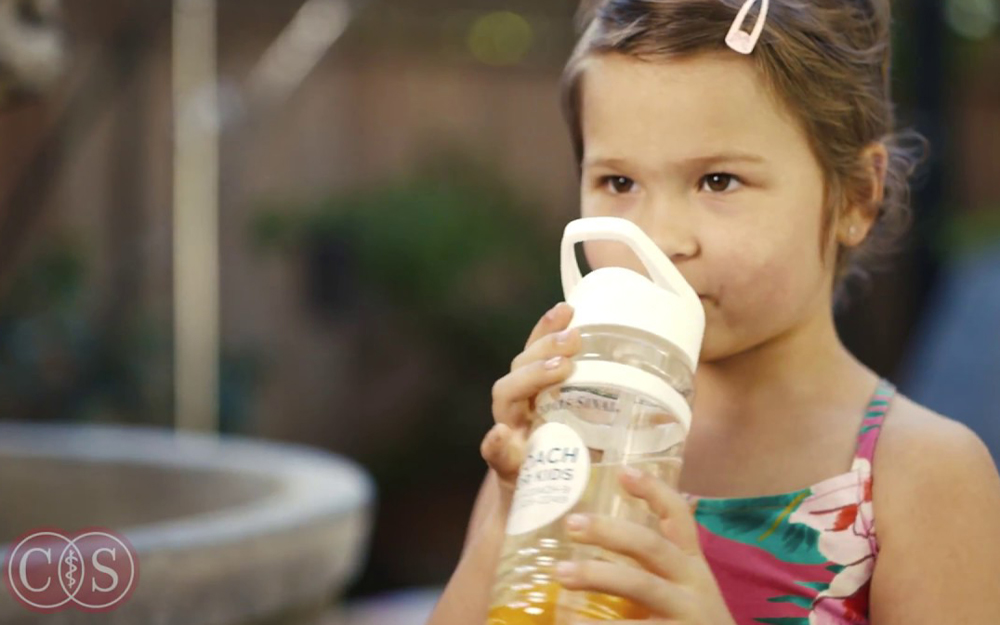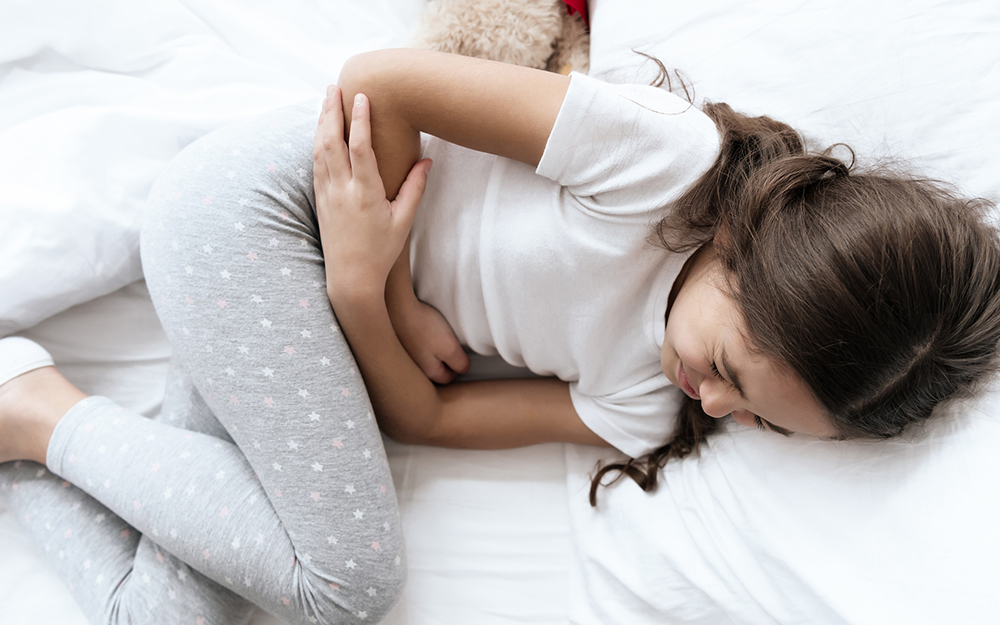Planning for the Holidays Around Flu, COVID-19 and RSV
Date
December 12, 2022
Credits

Date
December 12, 2022
Credits
Medical providers featured in this article

In Brief
{{cta-block}}
Respiratory viruses are having a moment. With newer, more transmissible subvariants of SARS-CoV-2 (the virus that causes COVID-19) circulating, flu season reemerging and a spike in RSV, it can seem like respiratory illnesses are conspiring to derail your travel and holiday plans.
Though COVID-19 hasn’t left us since early 2020, influenza all but disappeared in 2020 and early 2021, as did respiratory syncytial virus (RSV)—a seasonal bug that usually causes mild cold-like symptoms but can be dangerous for young children. Adults age 65 and older and people with weakened immune systems are also at risk for severe RSV infection.
Hospitals around the country are sounding the alarm about getting overwhelmed. How worried should you be? Should you put holiday travel on hold and postpone that longed-for gathering again? We asked Cedars-Sinai infectious disease specialist Dr. Michael Ben-Aderet for advice.
{{providers}}
"Since COVID-19 isn’t seasonal, we have gotten used to taking precautions year-round. We’ve developed smart habits."
What’s behind the surge in respiratory illnesses?
Dr. Michael Ben-Aderet: After a two-and-a-half-year pause, many people are taking fewer pandemic precautions and are socializing more. That may be part of the answer, but there’s another reason, too.
Many of us haven’t been exposed to any respiratory viruses since the start of the pandemic because we’ve been so careful. Normally, children get infected with RSV by their second birthday. Now, kids who are 4 and 5 years old haven’t had any exposure to RSV, so they lack immunity when they do encounter it.
A similar thing happens to older children and adults. We typically get exposed to small bits of virus over the years. Our bodies fight them off quickly and easily, so we don’t get any symptoms but are still left with some immunity. In the absence of exposure to a virus, antibody levels decline, leaving us vulnerable to certain illnesses.
How worried should people be, and what can they do to protect themselves?
MBA: The good news is that we have a lot of experience with influenza and RSV, and we’ve seen bad flu seasons before. For the vast majority of people, these are not life-threatening diseases. Everything you’re doing to protect your family from COVID-19 is just as effective against the flu, RSV and most of the other contagious critters that like to surface in winter.
Since COVID-19 isn’t seasonal, we have gotten used to taking precautions year-round. We’ve developed smart habits. With influenza and RSV surging, and with new SARS-CoV-2 subvariants on the rise, keep doing what you’ve been doing.
That doesn’t mean barricading yourself indoors. Public officials aren’t planning any lockdowns, either. We can enjoy the progress we’ve made against the pandemic, but if you’re traveling or meeting with people indoors, wear a mask, wash your hands often and avoid touching your face. Although N95s are the gold standard, surgical masks provide good protection. They are also more comfortable to wear than N95s, and unlike early in the pandemic, they’re easy to find now.
Still, vaccines remain the biggest piece of the prevention pie. Everyone who is eligible should always get an annual flu shot, but if you’ve been skipping it, now is the time to make it a habit. Make sure you get the bivalent COVID-19 booster shot, too, because it helps protect against the new Omicron subvariants called BQ1 and BQ1.1. Flu and COVID-19 vaccines are available to anyone 6 months and older.
The CDC still recommends wearing a mask in places like airports, train stations and bus depots, but it’s not required everywhere. If nobody else has a mask on, is there any point in wearing one?
MBA: Yes, absolutely. If you’ve got your mask on right, it will protect you because the flu, SARS-CoV-2 and RSV mostly transmit the same way: through droplets that travel in your direction when you’re standing close to somebody who’s infected.
To wear your mask properly, open the pleats as if opening an accordion. Cover your nose completely and make sure you seal the wire to the contours of your face. There shouldn’t be any gaps where your mask meets your nose and cheeks. Make sure the mask also goes under your chin.
If you like, you can get a lanyard for your mask to make it easier to take it on and off—like when you’re eating and drinking—without losing it or putting it down on a surface that may not be clean. It’s still wise to keep physical distance from people when you can, but that’s not realistic at the airport or on a plane, so keep your mask on.
What about wiping down tray tables on planes?
MBA: That may not make a big difference for respiratory illnesses, but it’s good practice to sanitize surfaces because some microbes do linger on them. You could end up transferring traces of virus or bacteria to your eye, nose or mouth.
Bring sanitizing wipes for the plane, bus, train and public restrooms that may not be cleaned often enough. And don’t travel if you have any symptoms or if you test positive, even if you’re feeling fine.
Any advice for protecting those who are immuno-compromised?
MBA: For people with typical immune systems, the flu and RSV will run their course without causing serious harm. People with compromised immune systems are at higher risk, however. If you’re considered immuno-compromised, talk to your physician to see which vaccines you can get. Be vigilant about hand hygiene, wearing a mask and avoiding crowds, and consider traveling during quieter times of year.
If your immune system isn’t compromised, then take precautions not only for yourself but for others. Even when fully vaccinated, immunosuppressed people can have much more severe infections. They need other people to do the right thing.
Should you ask a doctor about traveling or attending holiday parties?
MBA: Flu, COVID-19 and RSV outbreaks are public health issues, which means the public has to be engaged.
As to deciding whether to travel or go to that holiday party, talk with a healthcare provider who knows your history and can give you personalized advice. If you do go, enjoy yourself. Those are doctors’ orders.





